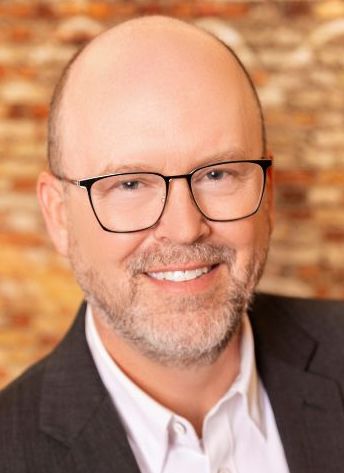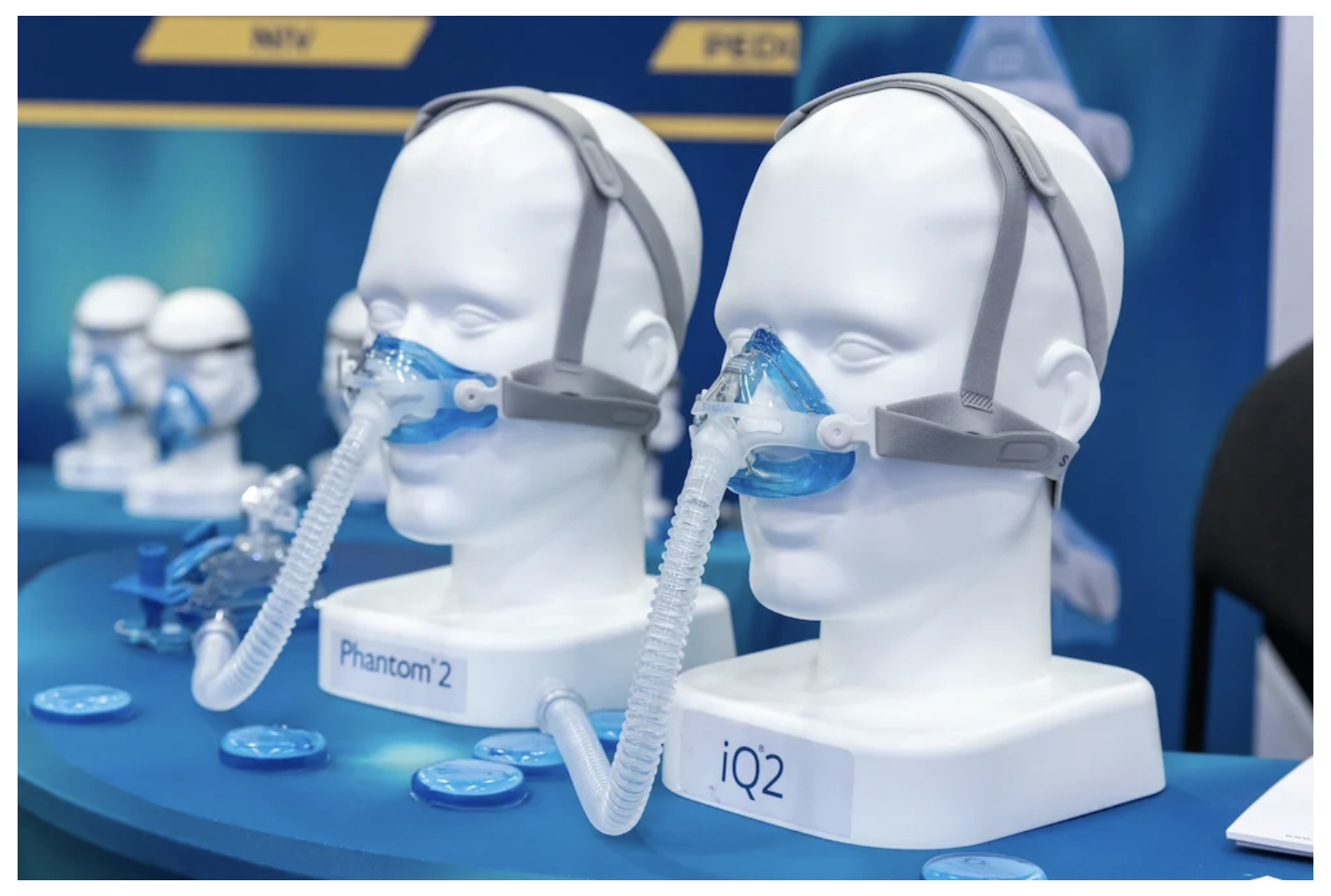WASHINGTON, D.C. – The FDA quietly issued a press release late last year (Dec. 20, 2024) touting the first-ever approval of a medication for obstructive sleep apnea (OSA). The medication is called Zepbound (tirzepatide) and it is supposed to be used in combination with a reduced calorie diet and increased physical activity.
“Today’s approval marks the first drug treatment option for certain patients with obstructive sleep apnea,” said Sally Seymour, M.D., director of the Division of Pulmonology, Allergy, and Critical Care in the FDA’s Center for Drug Evaluation and Research. “This is a major step forward for patients with obstructive sleep apnea.”
The FDA lists possible side effects such as nausea, diarrhea, vomiting, constipation, abdominal (stomach) discomfort and pain, injection site reactions, fatigue, hypersensitivity (allergic) reactions (typically fever and rash), burping, hair loss and gastroesophageal reflux disease.
Prescriptions are being written and television ads are making the rounds, but is it a real threat to CPAP providers who have dedicated a lot of time and money to serving patients? Medtrade Monday asked a host of experts to weigh in.
 “Regarding pharmaceutical approaches to treat OSA, and bearing in mind the various endotypes of OSA, I don’t believe CPAP/mask service providers should be overly concerned about these new oral medications since they may be used in combination, if appropriate, in certain cases. However, CPAP therapy may not persist as ‘the gold standard’ given the development of intermittent PAP and other wearable devices for the treatment of OSA both now and in the near future.” — Dave Singh, DMD, PhD, DDSc, founder of REMA Sleep, Inc. and adjunct professor of Sleep Medicine, Stanford University
“Regarding pharmaceutical approaches to treat OSA, and bearing in mind the various endotypes of OSA, I don’t believe CPAP/mask service providers should be overly concerned about these new oral medications since they may be used in combination, if appropriate, in certain cases. However, CPAP therapy may not persist as ‘the gold standard’ given the development of intermittent PAP and other wearable devices for the treatment of OSA both now and in the near future.” — Dave Singh, DMD, PhD, DDSc, founder of REMA Sleep, Inc. and adjunct professor of Sleep Medicine, Stanford University
 “Zepbound will negatively impact PAP prescription rate (and supplies), but this occurs in a situation where there is massive unmet need for the diagnosis and treatment of sleep-disordered breathing in the US (and internationally). In the U.S., 80 million have OSA, but only 20% are diagnosed and treated. Bottom line is there are enough patients that there is room for all treatments to grow their share of the market going forward. People will always need PAP as an option for OSA.” — Nathaniel F. Watson, MD, MSc, principal, NeuroSleep LLC
“Zepbound will negatively impact PAP prescription rate (and supplies), but this occurs in a situation where there is massive unmet need for the diagnosis and treatment of sleep-disordered breathing in the US (and internationally). In the U.S., 80 million have OSA, but only 20% are diagnosed and treated. Bottom line is there are enough patients that there is room for all treatments to grow their share of the market going forward. People will always need PAP as an option for OSA.” — Nathaniel F. Watson, MD, MSc, principal, NeuroSleep LLC
 “PAP therapy remains first-line therapy for most patients with OSA as it has a long track record of use, and a large body of data supporting its efficacy with regards to controlling OSA / improving symptoms (and quickly) / and probably improving some cardiovascular outcomes. We have far and away the most and best quality data for PAP therapy for OSA management. In general, the new medication therapies approved (GLP-1 receptor agonist, Tirzepatide FDA approved for treatment of moderate to severe OSA) or in the process of seeking approval (Apnimed or AD109) are advancements that should be welcomed by the field of sleep medicine, as they will further expand our armamentarium of treatment options for patients with OSA.
“PAP therapy remains first-line therapy for most patients with OSA as it has a long track record of use, and a large body of data supporting its efficacy with regards to controlling OSA / improving symptoms (and quickly) / and probably improving some cardiovascular outcomes. We have far and away the most and best quality data for PAP therapy for OSA management. In general, the new medication therapies approved (GLP-1 receptor agonist, Tirzepatide FDA approved for treatment of moderate to severe OSA) or in the process of seeking approval (Apnimed or AD109) are advancements that should be welcomed by the field of sleep medicine, as they will further expand our armamentarium of treatment options for patients with OSA.
“Having said that, much like the traditional alternative therapies for OSA, neither of these will be a panacea and will work for some populations, but not for others. Bottom-line – these are clear advances and will play a role in treating patients with OSA, but will be relegated to second -line therapy for specific patient populations, at least until we have better quality and longer-term data.” — Dennis Auckley, MD, professor of Medicine, Case Western Reserve University and director, Center for Sleep Medicine at MetroHealth Medical Center
 “GLP-1s may reduce weight, but beyond a certain point, they often fail to yield meaningful subjective benefits regarding sleep. We can reduce soft tissue around the neck, deflate the pharyngeal walls a bit, but if facial architecture is still compromised, the signs and symptoms of sleep apnea will persist. If we truly aim to treat the patient, not just the number, and symptoms remain, then GLP-1s fall short in the realm of sleep and breathing. In that space, Inspire, CPAP, oral appliances, and myofunctional therapy are far more impactful when it comes to improving patient-reported outcomes.” — Ken Hooks, True Sleep Diagnostics
“GLP-1s may reduce weight, but beyond a certain point, they often fail to yield meaningful subjective benefits regarding sleep. We can reduce soft tissue around the neck, deflate the pharyngeal walls a bit, but if facial architecture is still compromised, the signs and symptoms of sleep apnea will persist. If we truly aim to treat the patient, not just the number, and symptoms remain, then GLP-1s fall short in the realm of sleep and breathing. In that space, Inspire, CPAP, oral appliances, and myofunctional therapy are far more impactful when it comes to improving patient-reported outcomes.” — Ken Hooks, True Sleep Diagnostics
“Providers who supply CPAPs, masks, and services should not be concerned about oral medications because there are still so many undiagnosed OSA patients.” — Gary Demerjian, DDS, Center for TMJ & Sleep Therapy
“I don’t sell CPAP or have any stake in companies that do sell PAP therapy. I suspect they could be worried about the new development in weight loss medications. I have indeed found myself recommending weight loss medications to patients in my clinic. CPAP is still the gold standard in treatment for sleep apnea, and can immediately correct the problem. There is no debate about that.” — Don Townsend, PhD, American Academy of Sleep Medicine Valley Sleep Center

